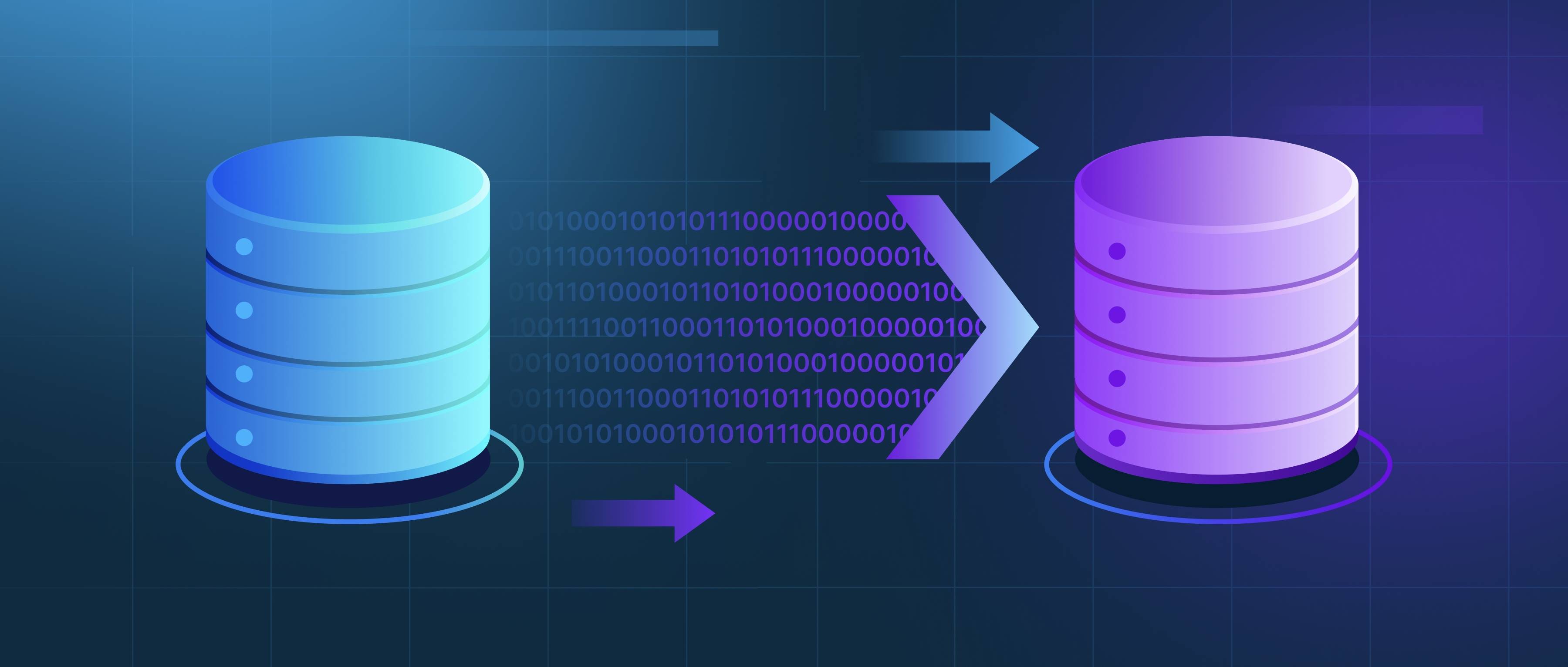Quantum algorithms play an intriguing role in tackling NP-complete problems, which are computational challenges known to be difficult for classical computers. NP-complete problems are classified as such because they can be verified quickly but solving them can take an exorbitant amount of time as the size of the input grows. Quantum algorithms offer new approaches that could potentially speed up problem-solving, although they do not guarantee efficient solutions for all NP-complete problems.
One significant example of a quantum algorithm is Grover's algorithm, which provides a quadratic speedup for unstructured search problems. For instance, if you need to search through an unsorted database of ( N ) items to find a particular entry, a classical algorithm would take ( O(N) ) time to find the item. Grover's algorithm can accomplish this in ( O(\sqrt{N}) ) time. Although Grover's algorithm does not solve NP-complete problems in polynomial time, it demonstrates that quantum computing can reduce the search space more effectively than classical algorithms.
Another important consideration is the potential application of quantum algorithms to specific NP-complete problems, like the traveling salesman problem or satisfiability problems. Research is ongoing to develop quantum approaches that leverage superposition and entanglement to explore multiple solutions simultaneously. For instance, while classical approximation methods may be required for practical solutions, a quantum computer could theoretically explore many routes in parallel, possibly leading to more efficient search strategies. However, practical quantum computing is still in the early stages, and real-world applications are yet to be fully realized, making it a fascinating area for developers interested in the intersection of quantum computing and complex problem-solving.
